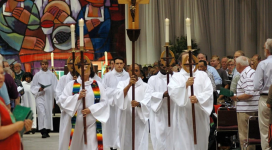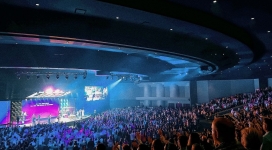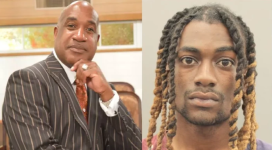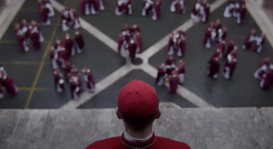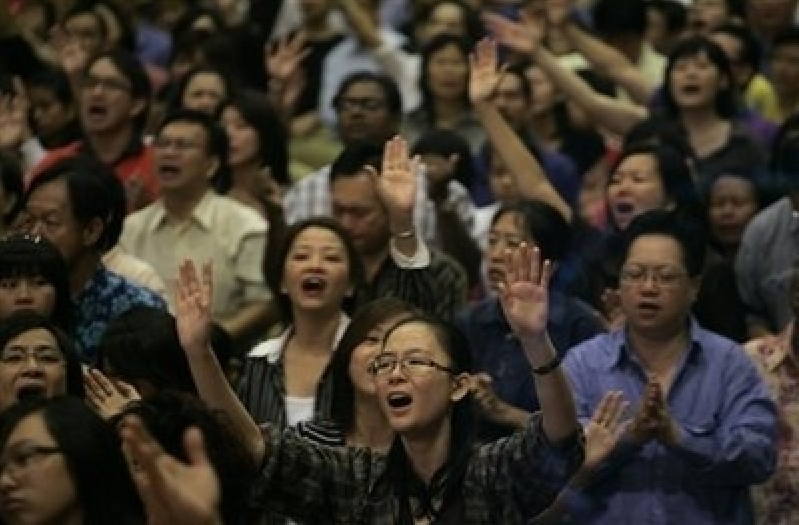
Christians throughout Malaysia gathered Sunday, praying and calling for national unity and an end to the violence that ensued following a high court’s decision to allow non-Muslims to use the word “Allah” to refer to God.
Though aware that many among their flocks feel that their religious rights are being trampled upon, Malaysian church leaders encouraged churchgoers Sunday to continue "reaching out in friendship to all, including Muslims" and "keeping the peace in multi-religious Malaysia."
In a statement released ahead of services, the National Evangelical Christian Fellowship (NECF) of Malaysia also appealed to “all communities to exercise practical rationality and to listen to the ‘voice of reason’ and strive to make all efforts to foster a sense of greater unity and harmony within all races and religious community groups.”
“NECF calls on all parties to learn to respect each other’s basic constitutional and human rights to practice one’s faith and religion, recognizing the fundamental boundaries in not interfering with the Scriptures of other faiths,” stated the ecumenical body of evangelical denominations and churches.
“NECF further calls all Christians to pray for the peace and well-being of the nation,” it added.
Over the weekend at least eight churches were targeted by arsonists or vandals and at least one suffered significant damage.
Some within the predominantly Muslim nation have been incensed over the recent ruling of Supreme Court Judge Datuk Lau Bee Lan, who announced that the word “Allah” is not exclusive to Islam and that the government’s Home Ministry is “not empowered” to ban non-Muslims from using the word.
On Dec. 31, 2009, two years after a lawsuit was filed against the government over the “Allah” ban, Lau declared that Christians in Malaysia have the constitutional right to use the word “Allah” to refer to God, sparking an immediate response from Muslim activists, including the National Union of Malaysian Muslim Students, which urged the government to take the case to the Appeals Court.
Those opposed to Lau’s ruling argue that Christian missionaries using the word Allah could trick Muslims into leaving their faith and that “heresy arises from words wrongly used.”
“Allah is only for us,” read posters carried by demonstrators Friday outside a mosque in Kuala Lumpur.
''We will not allow the word Allah to be inscribed in your churches,'' one demonstrator shouted through a loudspeaker, according to The Associated Press.
Amid the demonstrations and the attacks, government and Muslim leaders have emphasized that acts of violence such as those witnessed Friday and the days following were not representative of Islam.
Prime Minister Najib Razak, who condemned the attacks, said the government would "take whatever steps it can to prevent such acts."
In an effort to repair ties, a number Muslim NGOs have offered to work to help protect churches from further attacks.
Starting Monday, volunteers from the NGOs began patrolling church areas in at least two regions in Malaysia.
Local reports claim that some 130 NGOs have committed to be the “eyes and ears” of the government to face any threat to Christian churches.
Muslim leaders also joined Christian services Sunday in a show of unity and peace. The government plans to hold a series of dialogues between religious leaders.




